
The 30-credit Certificate in Collaborative Filmmaking program at Maine Media College provides participants with a hands-on, creativity-driven entry route into the film, television and web media industries.
"*" indicates required fields
CCF Virtual Open House, June 26th, 2024 at 7pm.
In this virtual event, meet with film program Chair Wayne Beach and CCF graduates to learn first-hand about this intensive, immersive experience.
Who Should Attend:
Over the course of nine months, students are prepared to work as independent filmmakers and in specific craft areas related to cinematography, directing, writing, lighting, sound, editing, and post-production. Graduates of the program can apply these skills to work in a number of media arts genres including narrative film and television, documentary, branded content, corporate video, music video, and web-based media creation, to name just a few.
Depending on the tracks and electives chosen, CCF graduates are poised to pursue some of the following career paths:
Director, Screenwriter, Cinematographer, Producer, Assistant Director, Line Producer, Production Manager, Camera Operator, Grip, Gaffer, Editor, Production Sound Mixer, and other areas of craft specialization.
Learn more about the Goals and Objectives of the program.
CCF Program Chair Wayne Beach gives an overview of the program.
Throughout the program, students will learn industry-standard processes, explore new modalities of expression in order to broaden their artistic range, strengthen their skills and techniques, and experience the dynamics of collaboration.
Students work at close range with instructors who are also experienced professionals in the craft areas they teach, and they will have access to industry-grade equipment with which to work. Instructed by accomplished industry directors, writers, cinematographers, and editors, students will also learn the nuances of navigating the industry as a professional.
Photo by Sebastiano Caccetta
Watch recent filmmaking instructors share their experience working with students at Maine Media.
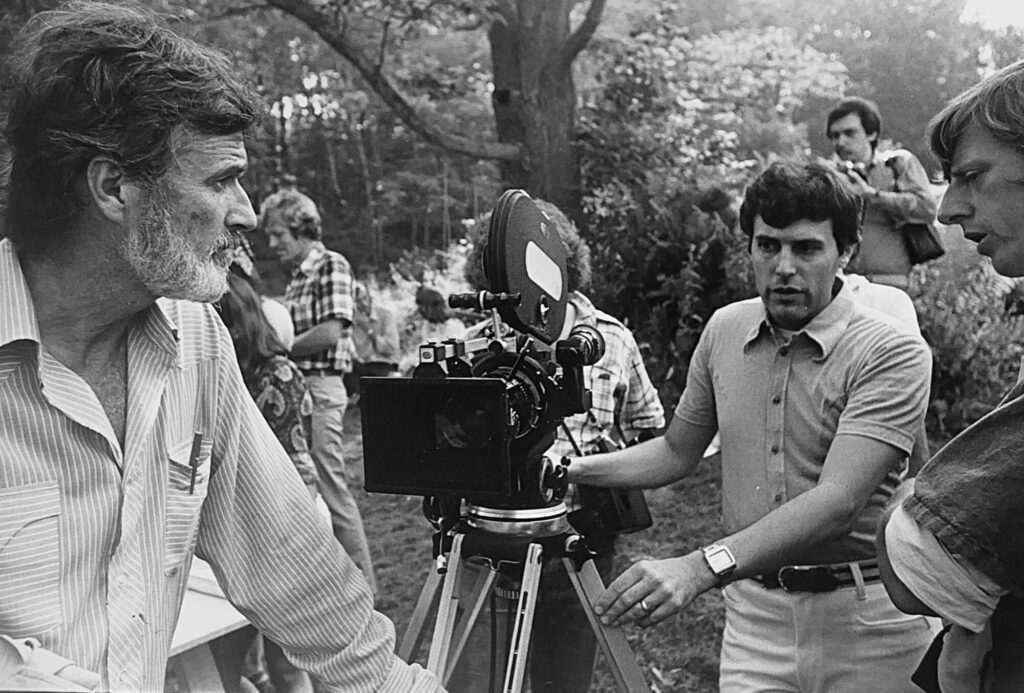
Renowned cinematographer Conrad Hall teaching the first cinematography workshop in 1975. Hall worked on the notable films “Butch Cassidy and the Sundance Kid” and “American Beauty”.
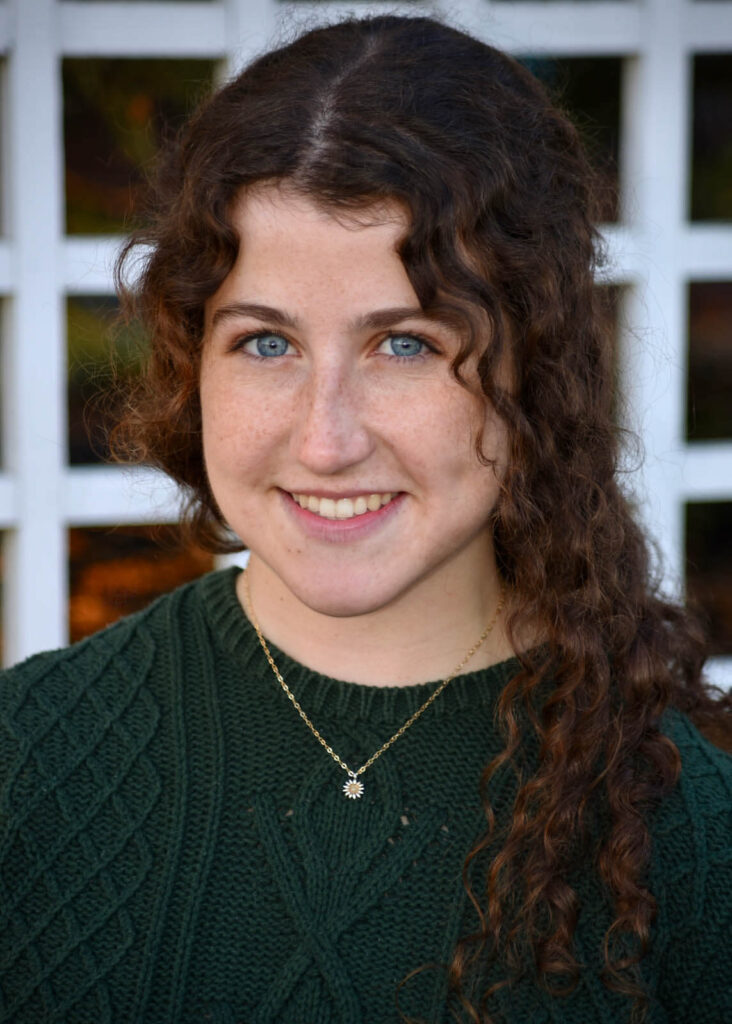
Charlotte Benoit
Charlotte Benoit grew up in North Yarmouth, Maine. She played rugby at Vassar College where she graduated with a degree in History, before going on to work in special education. Having always wanted to make films, she enrolled in Maine Media’s Certificate in Collaborative Filmmaking program in 2022. She now works for a documentary film production company in Boston. Outside of work, she continues to write, direct, and act.
I went into the program with practically zero filmmaking experience, and by month eight I understood all of the different roles on a set and had practiced each of them!
Maine Media’s CCF program focused heavily on hands-on experience. Most of my days were spent working with the tools and methods of filmmaking, not just learning about them in a classroom.
That on-set knowledge enabled me to get a job soon after graduating. The thesis project in the third term was not only a great learning experience, but I’ve been able to show my film at multiple festivals (including the Maine International Film Festival) which have introduced me to a broader film community. More importantly, I came away from the program with a group of wonderful friends and collaborators.
– Charlotte Benoit
Images from A Certain Sort of Trinity, Charlotte’s CCF final portfolio film:
These alums and many others credit Maine Media for the training and networking opportunities that helped them forge successful careers.

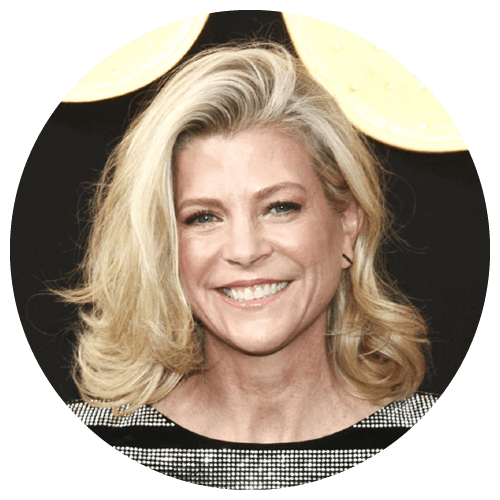
Emmy-winning director Michelle MacLaren
Game of Thrones, Breaking Bad, Better Call Saul, The X-Files, and The Walking Dead.
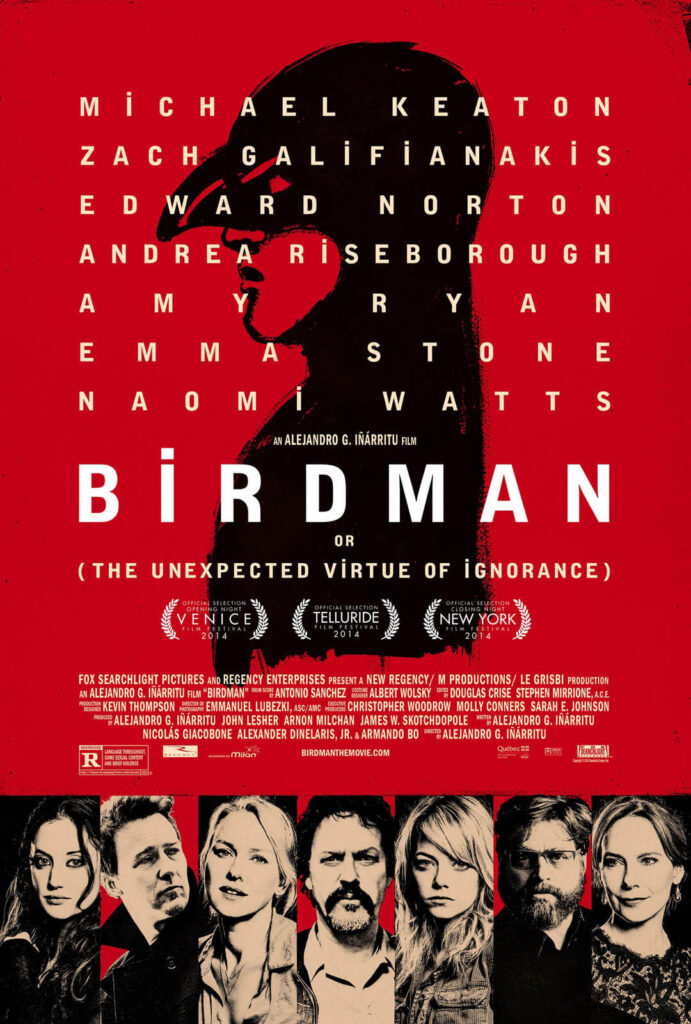
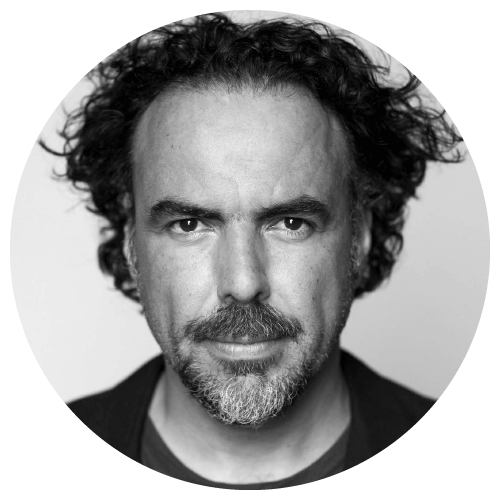
Academy Award-winning director Alejandro González Iñárritu
Back-to-
back Best Director Oscars for Birdman and The Revenant.

Academy Award-winning cinematographer Russell Carpenter ASC
Avatar: The Way of Water, Titanic.
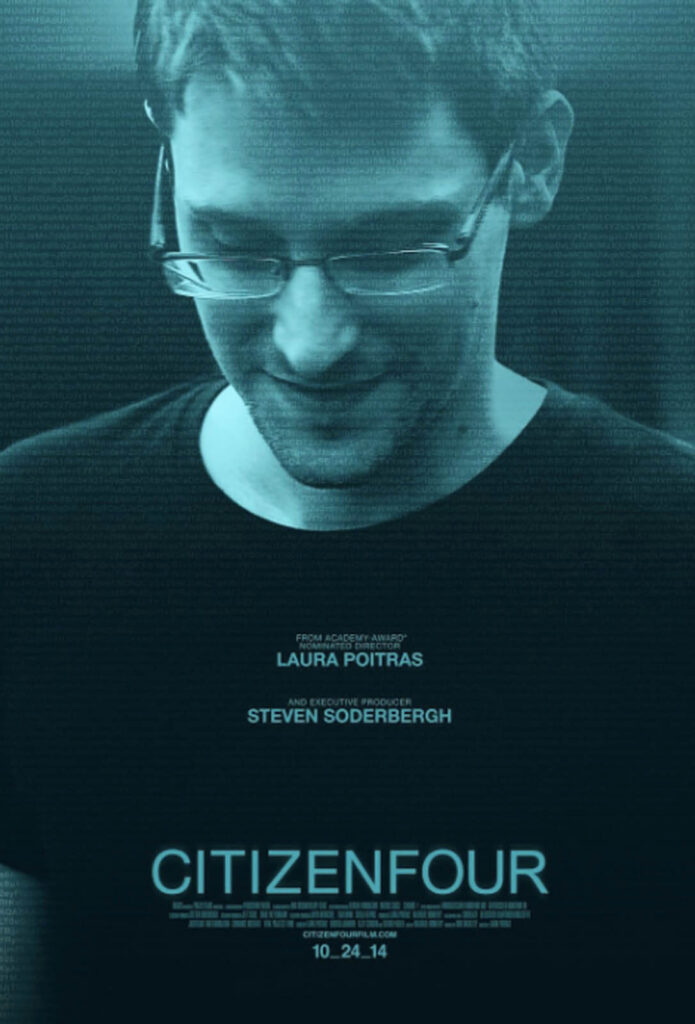
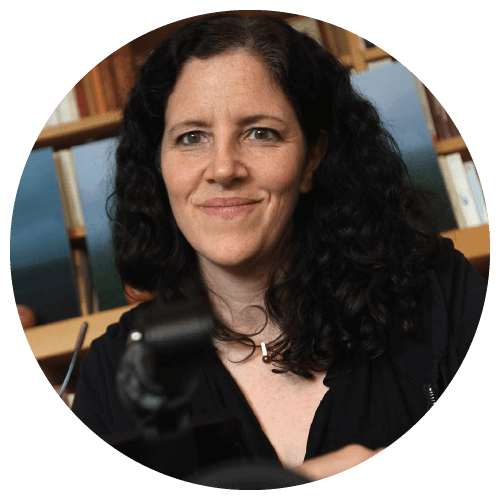
Academy Award-winning director Laura Poitras
Best Documentary Feature – Citizenfour, Oscar nominee – All The Beauty and the Bloodshed.
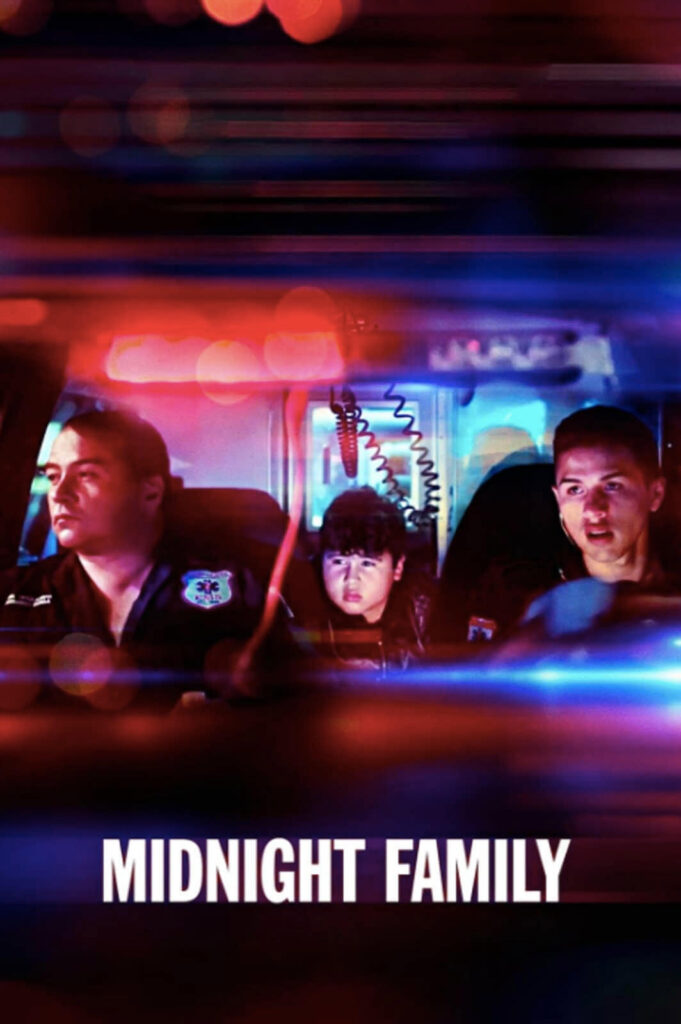

Sundance-winning documentary director Luke Lorentzen
A Still Small Voice, Midnight Family.
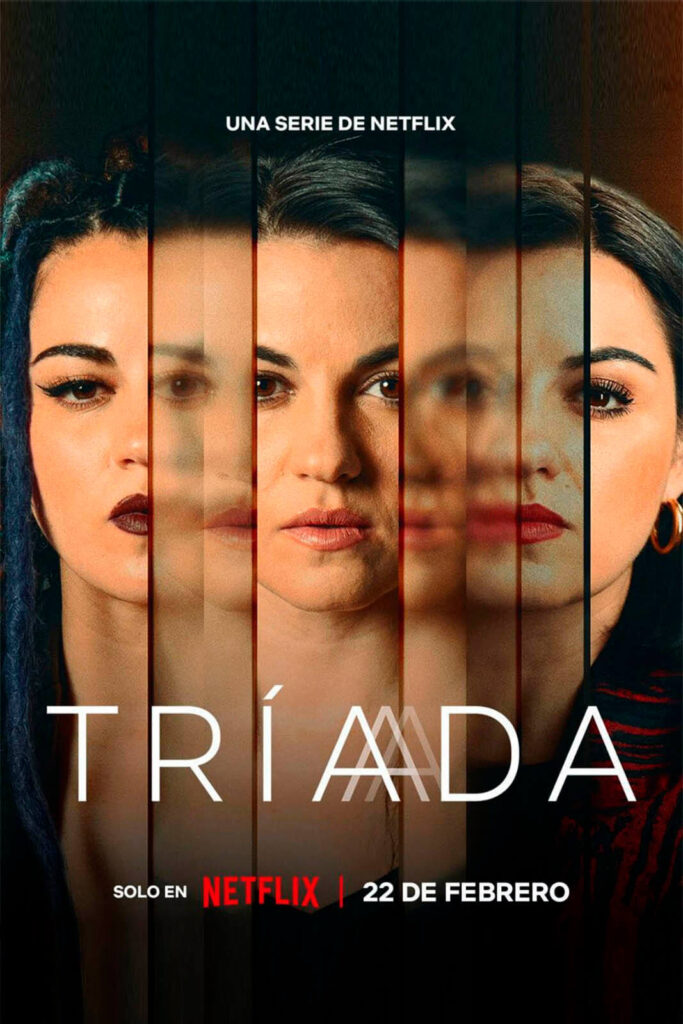
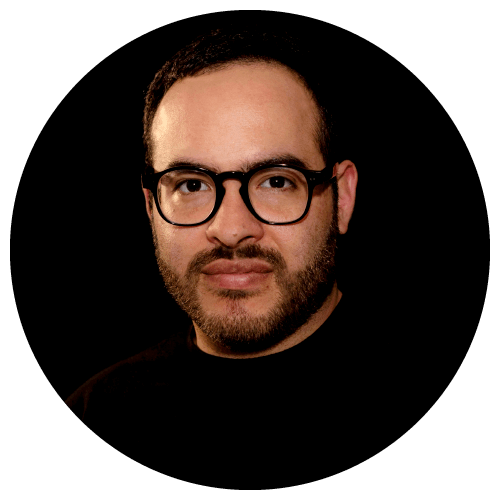
Accomplished editor for HBO and Netflix, Luis Zerón
Triada, Dark Desire, Yankee, Ingobernable, El Chapo, Sr. Ávila.
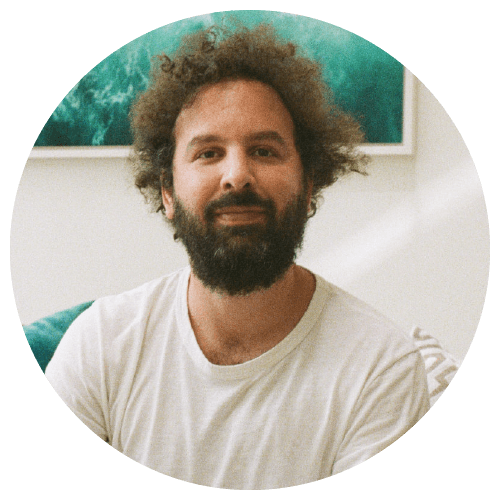
Award-winning commercial director Jon Weiman
Samsung, Infiniti, McDonald’s, Google, Facebook.
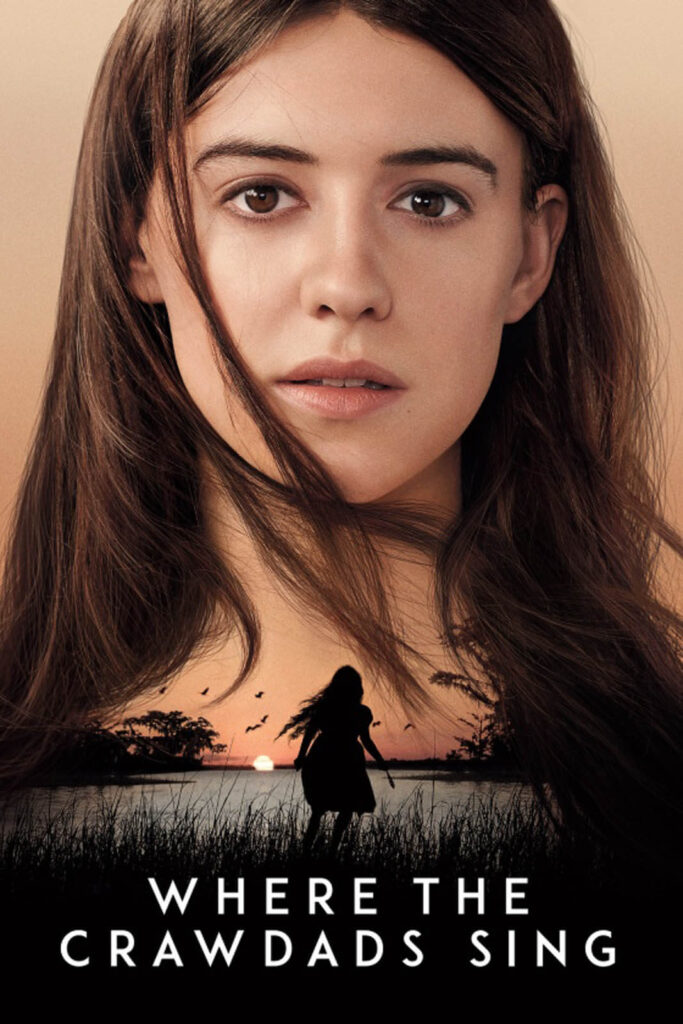
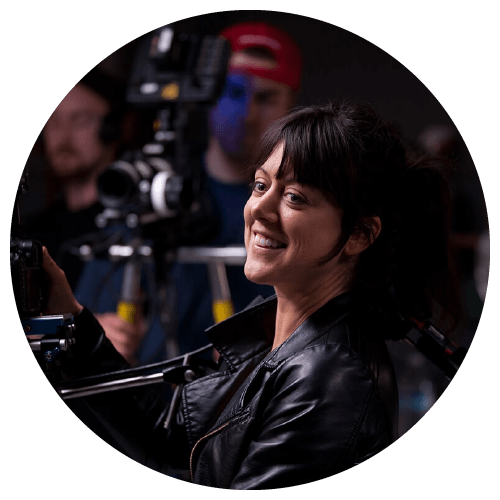
Award-winning cinematographer Polly Morgan ASC BSC
A Quiet Place Part 2, Where the Crawdads Sing, American Horror Story).
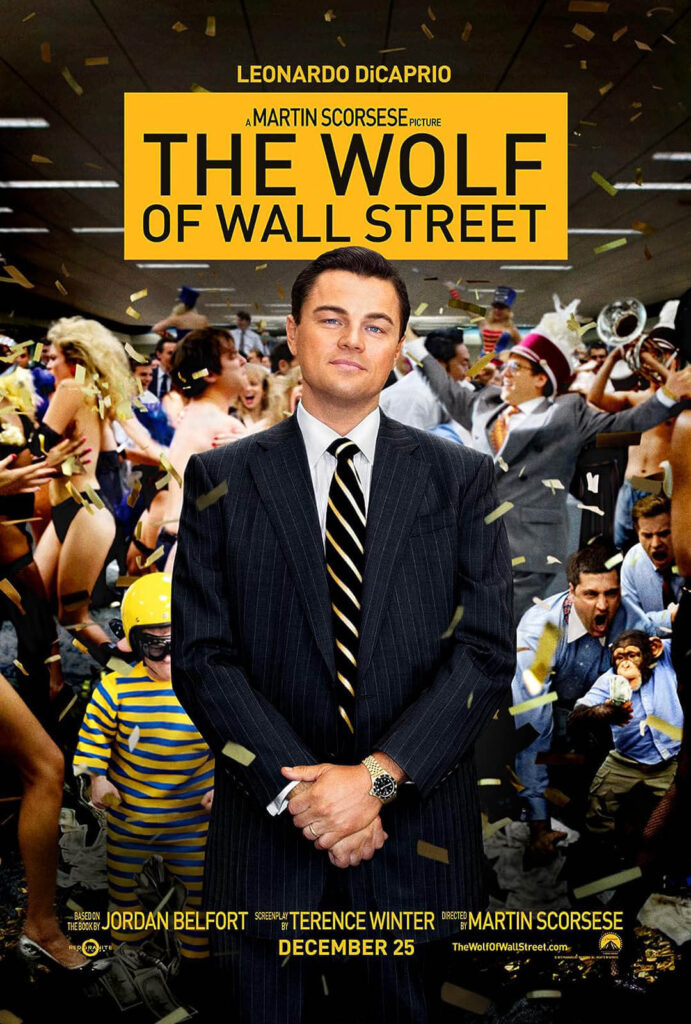

Three-time Academy Award-nominated cinematographer Rodrigo Prieto ASC
Barbie, Killers of the Flower Moon, The Wolf of Wall Street.
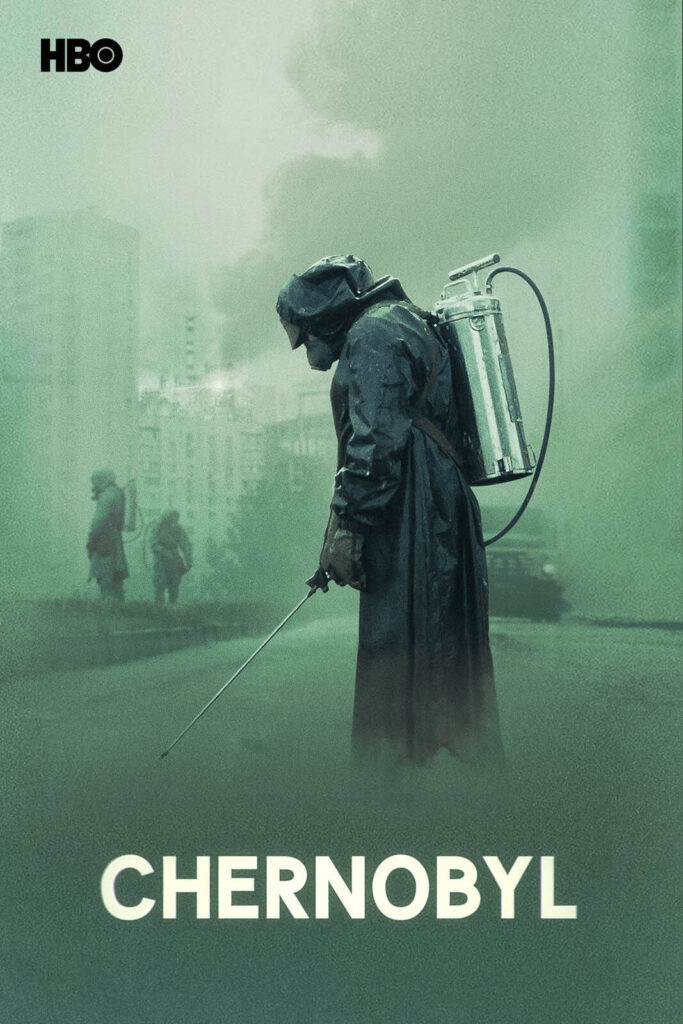

Emmy and BAFTA-winning cinematographer Jakob Ihre
HBO’s Chernobyl, The End of the Tour.
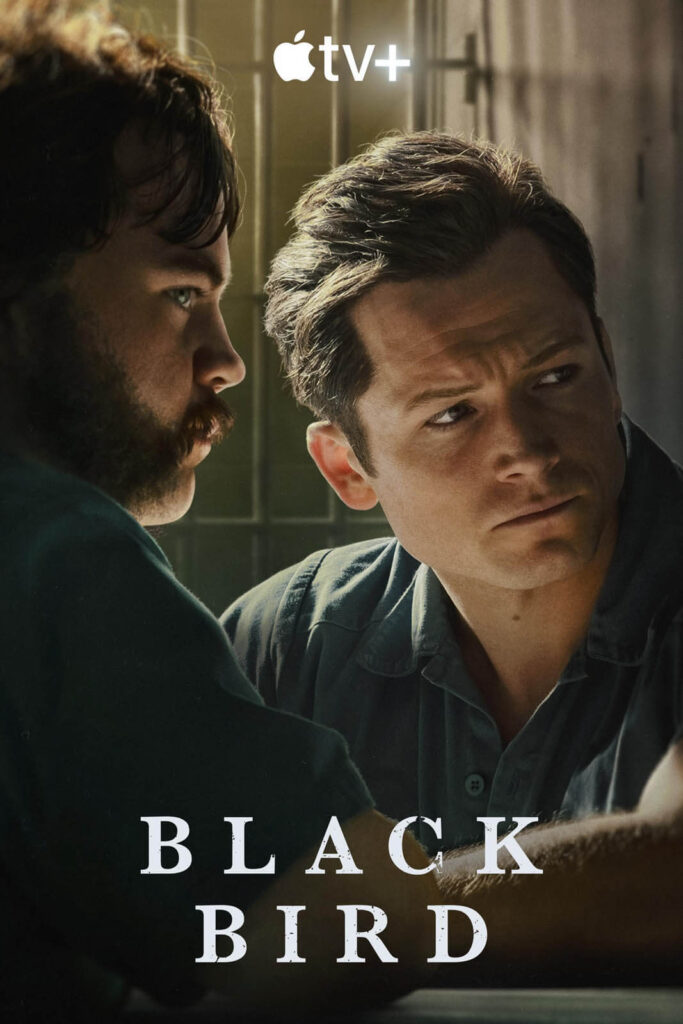
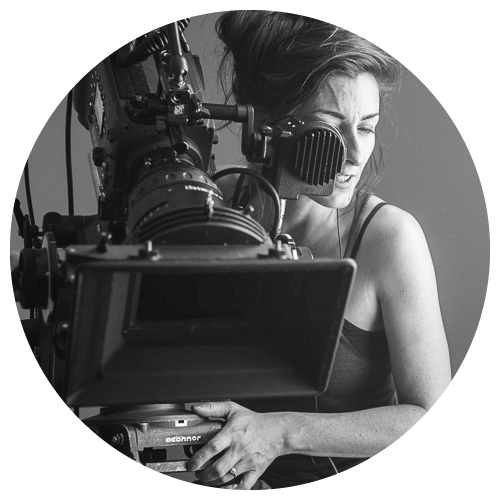
Emmy-nominated award-winning cinematographer Natalie Kingston
Apple TV’s Black Bird, Billie Eilish videos.
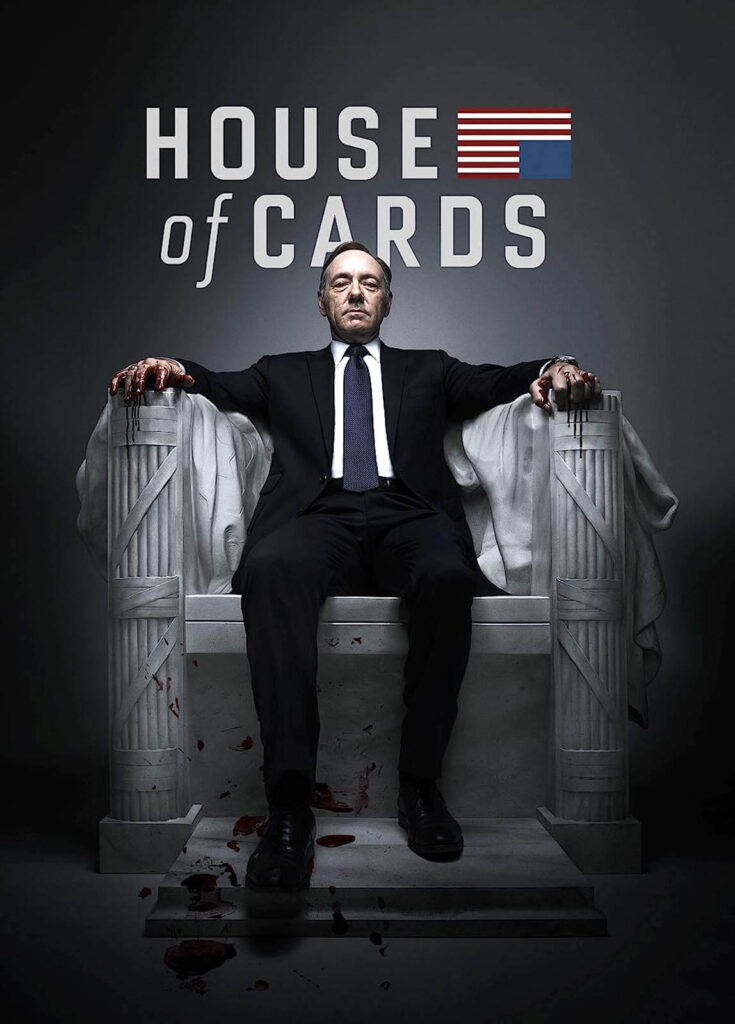

3-time Emmy-nominated award-winning cinematographer Igor Martinovic
House of Cards, The Night Of, Man on Wire.


Three-time Emmy-winning cinematographer Zach Zamboni
Anthony Bourdain Parts Unknown, No Reservations.
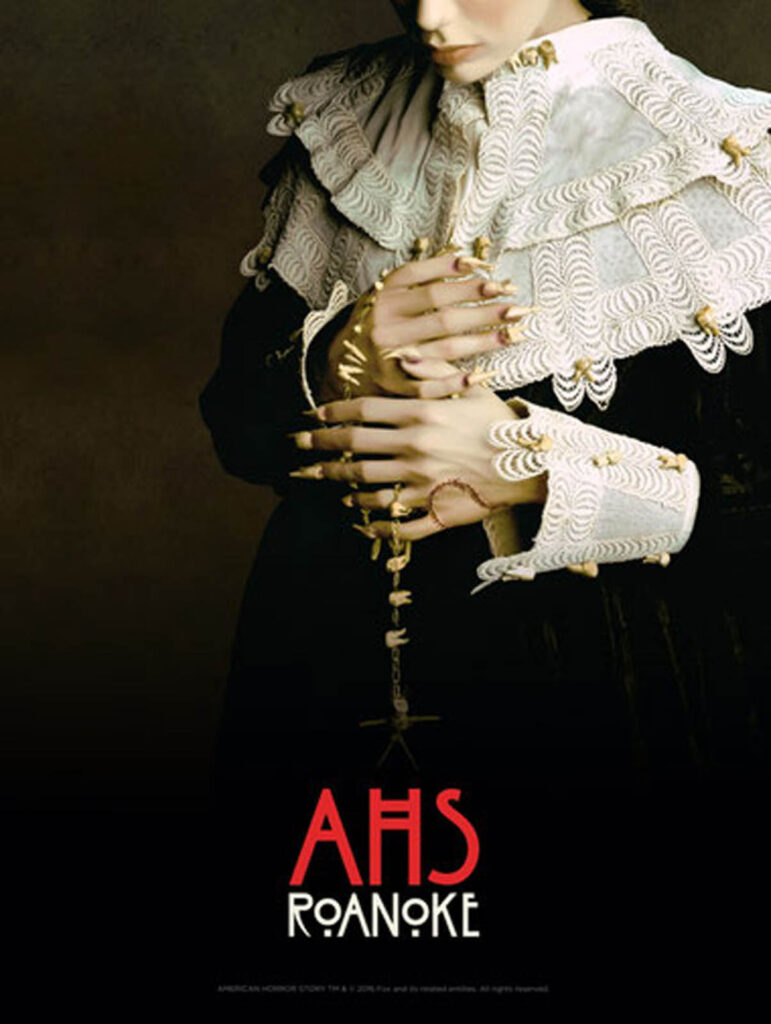

Award-winning Emmy-nominated director Alexis Ostrander
American Horror Story, Supergirl, Riverdale.
Students learn from accomplished professionals in intensive, immersive, and intimate classes. Maine Media faculty include Oscar and Emmy Award-winning film professionals, directors, writers, cinematographers, and editors whose credits include classic films and iconic shows.

CCF Chair, Film Program Chair.
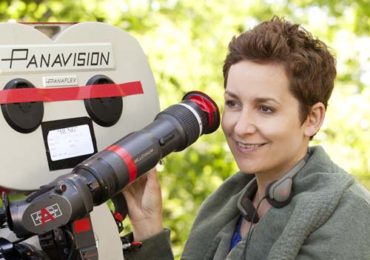
Director (Stranger Things, Westworld).
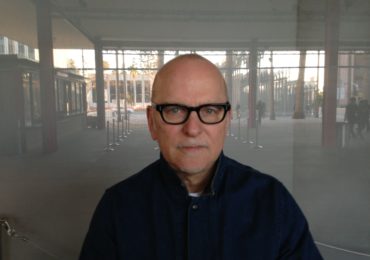
Director of The Sopranos, Boardwalk Empire, Ray Donovan, Nurse Jackie, and House Of Cards.
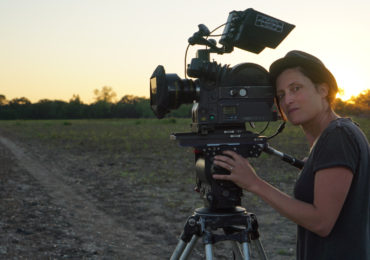
Cinematographer (Black Panther, Mudbound) and the first woman to be nominated for a Best Cinematography Oscar.
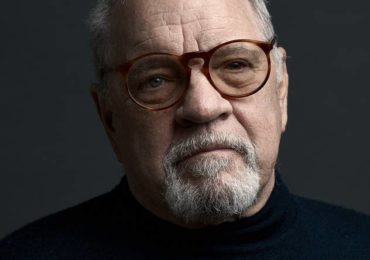
Legendary screenwriter and writer/director (Taxi Driver, Raging Bull, American Gigolo, Mishima, and First Reformed)
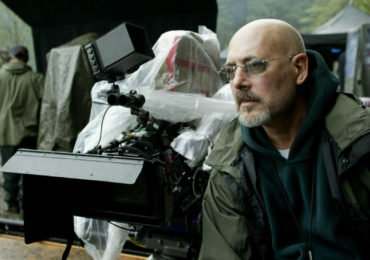
The most nominated cinematographer at MTV Video Music Awards. Has shot over 400 music videos, 250 commercials, and numerous feature films.
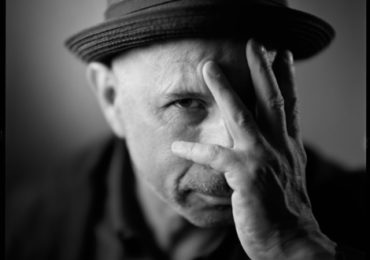
Award-winning cinematographer (Emily in Paris, Entourage, The Affair).
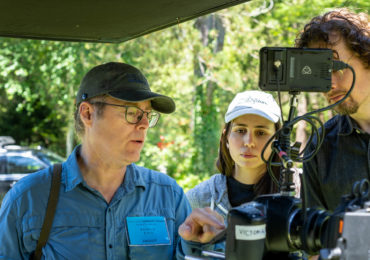
Cinematographer & director (Bosch, Rectify)
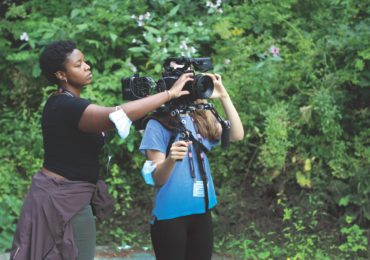
Award-winning Cinematographer (VICE, Survival of the Thickest, Black Girl Beauty).
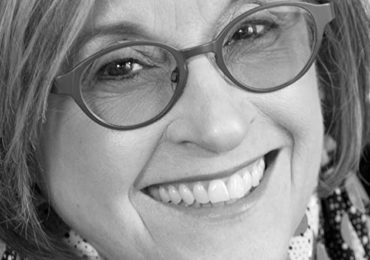
Oscar-nominated producer (As Good As It Gets) and production designer (The Silence of the Lambs, Goodfellas).
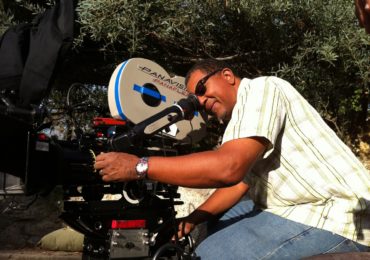
Director and cinematographer (Empire, Grey’s Anatomy).
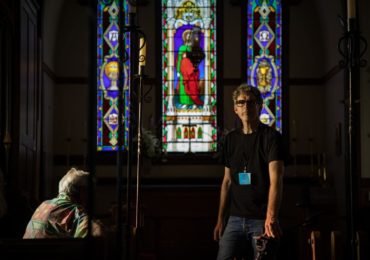
Gaffer (Joker, West Side Story, Bridge of Spies).
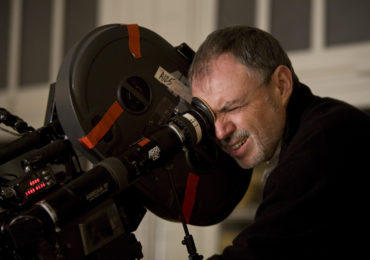
Oscar-winning cinematographer (Braveheart, Legends of the Fall)
RACHEL MORRISON ASC, cinematographer (Black Panther, Mudbound) and the first woman to be nominated for a Best Cinematography Oscar.
POLLY MORGAN ASC BSC Cinematographer. (A Quiet Place Part 2, Where the Crawdads Sing, American Horror Story)
PAUL SCHRADER, legendary screenwriter and writer/director (Taxi Driver, Raging Bull, American Gigolo, Mishima, and First Reformed)
LESLI LINKA GLATTER, Oscar-nominated director whose credits include Homeland, The Leftovers, and Mad Men.
STEVE YEDLIN ASC, cinematographer (Knives Out, Star Wars: The Last Jedi).
CATLIN ADAMS, Performance coach for Nicole Kidman, Amy Adams, Darren Aronofsky, Brad Pitt, and other A-list stars and directors.
JOHN COLES, award-winning director and producer (House of Cards, Homeland, Justified).
RODRIGO PRIETO, ASC Three-time Academy Award-nominated cinematographer (The Wolf of Wall Street, Brokeback Mountain).
DAVID TEDESCHI, Martin Scorsese’s documentary editor and co-producer (No Direction Home: Bob Dylan, George Harrison: Living In The Material World).
NATALIE KINGSTON Emmy-nominated award-winning cinematographer. (Apple TV’s Black Bird, Billie Eilish videos).
ERIC MOYNIER, Cinematographer (The Marvelous Mrs. Maisel, Boardwalk Empire, The Blacklist, award-winning VR projects).
ELAINE McMILLION SHELDON Oscar-nominated and Emmy and Peabody-winning documentary filmmaker.
ED LACHMAN ASC, director and cinematographer for films by Todd Haynes, Wim Wenders, Steven Soderbergh and Paul Schrader.
LUIS ZERON Editor, series for HBO and Netflix.
ALEXIS OSTRANDER Emmy-nominated director (American Horror Story, Supergirl, Riverdale).
PATRICK CADY, ASC, DGA Cinematographer & director (Bosch, Rectify).
JON WEIMAN Award-winning commercial director (Samsung, Infiniti, McDonald’s, Google, Facebook).
IGOR MARTINOVIĆ ASC Award-winning cinematographer (House of Cards, The Night Of, Man on Wire).
KRISTI ZEA, Oscar-nominated producer (As Good As It Gets) and production designer (The Silence of the Lambs, Goodfellas).
JESSICA BESHIR, documentary filmmaker (Faya Dayi)
EUGENE GEARTY, Oscar-winning sound designer (Hugo, Fargo, Malcolm X)
MARK ULANO CAS, Oscar-winning production sound mixer (Titanic, Kill Bill, Once Upon a Time in Hollywood)
CHRISTOPHER TELLEFSEN, editor (A Quiet Place, Moneyball)
IMOGEN SARA SMITH Film historian, The Criterion Channel
PAUL TAYLOR, Acclaimed Steadicam instructor. The world’s first Steadicam classes were held at Maine Media.
NELSON RYLAND, Emmy-winning film editor whose work has been seen on HBO, Netflix, Showtime, PBS, Hulu, and The Sundance Channel.
TOMMY MADDOX-UPSHAW ASC, cinematographer (Snowfall, Empire).
TOM GASEK, stop motion animation master (Coraline, The Wrong Trousers).
EMILY HUBLEY Accomplished experimental animation filmmaker.
MAURICIO HANDLER Natural history documentary cinematographer and producer (CNN, BBC, NatGeo, ESPN).
Photo by Amanda Piela
Students seeking to earn a Certificate in Collaborative Filmmaking must complete all three terms of the program in their entirety. Terms must be taken in sequence, but a student may have up to three years to complete all three terms. Click each term offering to learn more.
The first term immerses students in the key dynamics of filmmaking. Learning and experiencing the components unique to each discipline equips them to effectively communicate with colleagues across craft areas. Students collaborate on exercises and short films, supporting their peers in diverse production roles, and learning to be well-rounded filmmakers.
A 4-Week Film School provides a foundational understanding of visual storytelling, cinematography, directing, and editing. Students quickly move into hands-on exploration of key dynamics. Each student creates at least one short film. Subsequent classes take students more deeply into the techniques and aesthetics of filmmaking as they explore Film History & Theory, Story Structure & Character Development, and Production Dynamics. A two-week Spring Film Project Lab allows each student to implement techniques they have studied over the preceding weeks as they make a short film. The term concludes with The Art of Editing, in which students examine the dynamics of the craft with a professional editor while they also edit their spring projects.
The second term allows students to focus on crafts of specific interest to them. In consultation with their advisor, students select ten electives from the extensive array of Maine Media summer week-long workshops taught by film industry professionals and masters. Workshops offer specialized instruction in aspects of cinematography, directing, editing, screenwriting, documentary, and more. From these, students may elect to join a “track” and fully immerse themselves in their chosen facet of film production, or they may select an array of diverse workshops and continue to develop skills as a well-rounded filmmaker (See workshops below). Building on the foundation afforded by the first term, students are guided by accomplished professionals as they work both collaboratively and independently, learning the practical nuances of each craft.
The following represents a typical array of summer workshop offerings from which CCF students choose ten:
Guided by staff and mentors, each student focuses on the production and editing of a culminating portfolio project, a short film of less than 10 minutes. This may be a narrative fiction film, a short documentary, a commercial, or a music video. An individually customized week-long Fall Project Development unit allows students to finish writing and developing the fall project under the guidance of a mentor. A week-long unit of Professional Development helps students prepare to launch into the film, television and media marketplace. Professionals from different areas of the industry will offer insight on pursuing career goals and how to get started. Additionally, CCF students will be able to choose two fall electives to help them prepare for their fall projects. These may include Adobe After Effects, Screenwriting Retreat, Audio Post-Production, or other relevant workshops.*
CCF students will prepare and produce their final fall projects during the 4-Week Fall Final Project unit. This is followed by a 2-Week Editing & Post Production Lab during which they finish their projects. With the guidance of staff, students work independently and collectively during these weeks of preparation, production and post-production while living on campus. They make use of resources available with regard to crew, equipment, talent and the support of program staff. CCF students should expect to incur $600-1,000 of out-of-pocket expenses for production of their fall project films, depending on the logistics required by their scripts.
Students leave the program with industry-ready skills, a firm grasp of the dynamics that lead to effective collaboration, an understanding of what it takes to develop a sustainable professional practice, and having produced portfolio-level work.
* If students wish to take certain higher-priced cinematography electives during the Fall Term, a tuition surcharge may apply. This surcharge would not apply to students taking cinematography electives during the Summer Term.
We are a fully accredited higher-education institution. Financial aid options are available for students in the CCF program.
We have a rolling admissions plan and are accepting applications for study in March 2024. Ready to apply? Apply here.
For any questions relating to tuition and fees, please don’t hesitate to contact us.
General Fees |
|
|---|---|
| Application Fee | $75 |
| Enrollment Deposit (due on acceptance, applied to initial billing)Apply Now |
$600 |
Program Costs |
|
|---|---|
| Tuition and Fees (30 weeks, billed by trimester) Spring: $9,950 – Summer: $17,500 – Fall: $9,950 |
$37,400 |
Meal Plan |
|
|---|---|
| Spring Term No food services offered. Communal kitchenettes are available in residence hall for self-providing. |
|
| Summer & Fall Terms Includes weekly meals, Monday breakfast to Friday dinner. |
$3,250 per term |
AccommodationsStudent residences are located on-campus.* Rooms are assigned on a first-come, first-serve basis. All rooms include a queen bed, private bath, mini-fridge and wifi. |
||||||
|---|---|---|---|---|---|---|
| Spring Term (10 Weeks) | $1,850 per term | |||||
| Summer & Fall Terms | $525–$850 per week | |||||
| For rates and options, contact the Registrar at 207-236-8581 ext. 303 or [email protected] | ||||||
| * Students are not required to live on-campus. Private accommodations may be made. | ||||||
Loans
Direct Federal loans are available. Fill out your FAFSA and choose Maine Media College. Learn more at www.studentaid.gov.
Work study
Work study programs are available on a limited basis.
Scholarships
Maine Media College provides limited scholarships. Learn more about the scholarship applications here.
For a complete overview of our financial aid and scholarship options, visit our Financial Aid & scholarship options page.
Students will incur additional costs, including field trips, additional materials, books, weekend meals, admission to events, concerts and films, and personal items. A more complete list of books, materials, equipment and items each student must provide is sent to pre-registered students a few weeks before each term begins.
Students should expect to incur $600-1,000 of out-of-pocket expenses for the production of their fall project films, depending on the logistics required by their scripts.
Post 9/11 GI Bill®
The U.S. Department of Veterans Affairs has approved Maine Media College’s Professional Certificate Program, the Certificate in Collaborative Filmmaking, and the MFA degree program as educational programs eligible for the Post 9/11 GI Bill®. Veterans who performed active service duty after September 10, 2001, as well as current military members and eligible dependents, seeking training in the fields of filmmaking, photography, or multimedia, can visit www.gibill.va.gov/ for benefit information.
GI Bill® is a registered trademark of the U.S. Department of Veterans Affairs (VA). More information about education benefits offered by VA is available at the official U.S. government Web site at www.benefits.va.gov/gibill.
Maine Media College is authorized to assist enrolled students in obtaining an F-1 Student Visa. The registrar will gladly help international students with securing visas and necessary documents.
For more information, please contact the registrar at 207-236-8581 ext. 303 or at [email protected].
A credit card or check security deposit of $1,000 is required from all students to cover the use of school equipment from the Technical Department, Digital Service Bureau and Studio. A Student must leave a check or have a credit on file in the business office in order to work with the school’s equipment in production classes. Credit cards are not charged at this time, but are authorized for $1000. There must be $1000 available at this time. Debit cards are not accepted. Students receive a receipt to bring to the Technical Department or Digital Service Bureau in order to check out equipment. Students are not able to participate in production classes until these requirements are met. A great deal of trust is placed upon Maine Media College students to use equipment safely and to treat the equipment with great care and never leave it unsupervised. Students are only charged if equipment under their supervision is lost or damaged. All film students must go through the “proper equipment care and etiquette” tutorial with the Technical Department before equipment can be checked out.
In the case of loss or extensive damage to equipment, students may be responsible for actual repair or replacement costs in excess of the deposit.
All fees are to be paid in US. funds.
Payment must be received within 14 days of invoice unless prior arrangements have been made. Payment can be made by credit card, personal or company check, or Title IV Direct loan funds.
Learn more about the details of the Certificate in Collaborative Filmmaking program. Can’t find the answer here? Contact us to request more info.
Due to the hands-on, collaborative nature of the course, the CCF program is offered in person here on our campus in Rockport, Maine.
The course runs for 30 weeks, broken into 3 trimesters, each lasting for 10 weeks. There is a break between semesters where students may choose to return home, or stay on campus.
Depending on tracks and electives chosen, CCF graduates are poised to pursue some of the following career paths: Director, Screenwriter, Cinematographer, Producer, Assistant Director, Line Producer, Production Manager, Camera Operator, Grip, Gaffer, Editor, Production Sound Mixer, and other areas of craft specialization.
Each week on campus is fairly intense, with filming on-set or out on location often later into the evenings. There is some classroom time as well, but be prepared to live this experience 24/7.
Classes at Maine Media are generally small (up to 12), giving the student maximum access to the instructors. You will work at close range with instructors who are also experienced professionals in the craft areas they teach.
We encourage you to bring your own equipment, including a laptop; however, while in the program, you will also have access to industry-grade equipment with which to work from Canon, Arri, Panavision, Panasonic and others.
Yes! Maine Media is committed to providing financial assistance to students attending our certificate or degree programs. Please visit our Financial Aid – Title IV, Scholarships & Other page.
Yes. All programs of study at Maine Media College are approved by the Maine State Approving Agency for Veterans’ Educational Programs for enrollment of those eligible to receive benefits under Chapter 33, Title 38, United States Code, section 3676. The determination for Chapter 33 funds is made directly through the Department of Veterans Affairs. Additional funding may, at times, be obtained through Maine Media College via funds donated specifically for Veterans or through other private scholarship funds. The determinations for these funds are made through the respective organizations.
No, room and board are separate costs. More information on cost is available above under Tuition & Fee Information.
Maine Media College is accredited by the New England Commission of Higher Education (formerly the Commission on Institutions of Higher Education of the New England Association of Schools and Colleges, Inc.).
Inquiries regarding the accreditation status by the Commission should be directed to [email protected]. Individuals may also contact:
New England Commission of Higher Education
3 Burlington Woods Drive, Suite 100, Burlington, MA 01803-4514
(781) 425 7785
E-Mail: [email protected]
To apply for admission to the program you will need to provide:
The program begins in March each year. We have a rolling admission plan which means you can apply anytime you’re ready. However, we recommend that you apply no later than February 1st of the year in which you want to enroll.
Once you have submitted all of the collateral required, the decision is made fairly quickly. You should hear in approximately 10 days.
Students seeking to earn a Certificate in Collaborative Filmmaking must complete all three terms of the program in entirety. Terms must be taken in sequence. While ideally completed in the same year, a student may have up to three years to complete all three terms.
An advisor is appointed for each CCF student. The advisor will consult with each student throughout their time in the program and help them choose classes that are well suited to their creative and professional goals.
Given our small class sizes and the opportunity that students have to work with instructors at close range, CCF students typically develop important mentoring relationships that continue for years beyond their time in the program. Given the constant presence of visiting professionals in residence on campus, we encourage students to use these opportunities to network and build relationships that can be vital as they transition to entering the industry. Many jobs and professional opportunities have grown out of engagement with Maine Media classes and programs.
We want to help you find the right fit. Not sure if CCF is for you? Have questions about the curriculum, faculty, gear, or other elements of the program? We’re here to help!